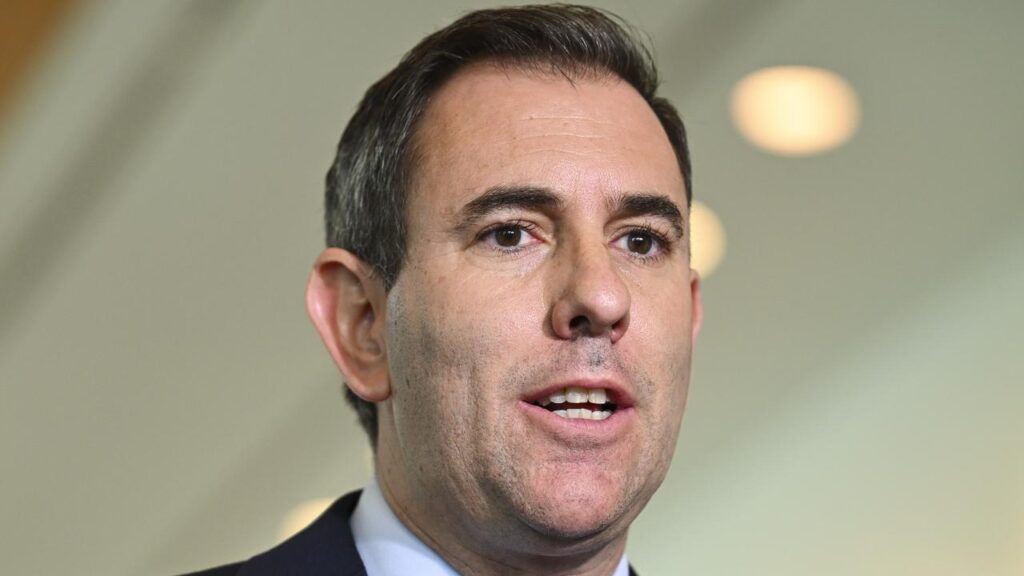New Microsoft report shows AI world is here
Written by admin on May 9, 2024
A growing number of Australian employers will preference skills and AI aptitude over more traditional markers of value such as experience and job titles, a leading tech giant says, as the AI revolution sweeps through the workplace.
Microsoft’s latest Work Trend Index, which tracks changes in work practices for knowledge workers around the globe, suggests the white collar world is swiftly concentrating around AI and everything from hiring to daily team meetings will be impacted.
The Index finds 75 per cent of Australian business leaders would baulk at taking on a job seeker without AI skills, above the global average of 66 per cent.
LinkedIn ANZ managing director Matt Tindale said the new approach to hiring reflected the growing importance of “skills” and the ability to upskill as managers navigate a world of rapid and endless change.
“We are seeing much more of a move generally because of skills changing so much, that employers more now are employing for skills,” he said.
“So they are employing less around experience, less around tertiary education, less around job titles which can be proxies for your success in roles and they are hiring much more for skills.
“Skills now and into the future and also adaptability and the ability to learn in the future.”
The Index also finds 80 per cent of leaders believe AI adoption will be critical to remaining competitive in the marketplace.
The data shows Australian workers are eager to ride the AI wave, which exploded into public consciousness with the release of generative AI model ChatGPT in late 2022.
Microsoft Australia and New Zealand modern work business group leader Lucy Debono said 84 per cent of workers now brought generative AI tools into the workplace.
“In some cases, organisations aren’t keeping up and employees are bringing them in independently,” she said.
In her own Microsoft office, she said AI had transformed daily worklife.
“So if you are a Microsoft Teams user, a Copilot (a Microsoft AI chatbot) is embedded within Teams,” she said.
“And in my team today, we span many countries across Asia. So it could be there is a late night call for India, well it is late night for you, but it is happening in India, it is a two-hour business review, and you’re not going to make it because you are putting your children to bed.
“The recap functionality within Copilot, within Teams, enables you to ask Copilot to summarise what you missed in that two-hour meeting into five or six bullet points and, ‘can you pop it in a power point for me so I can run my team through it in the morning’? That’s a basic example.”
Both Mr Tindale and Ms Debono said learning basic skills such as how to effectively “prompt”, or instruct an AI model, would be crucial for Australia’s current and emerging workforce.
“What the Work Trend Index has taught us is ‘prompting’ is hard,” Ms Debono said.
“We’ve all become experts at talking to a search engine but this technology (Generative AI) has only really been around for sort of six to 12 months for most, and therefore it is learning a new skill.
“The purpose here is to make prompting more impactful, to perfect the art of the prompt, and to help people get a faster return.”
She said you had to find a way to talk to it in a way you might talk to an employee when delegating a task.
“You are almost talking to another human.”
For an 18-year-old Australian on the cusp of life, Mr Tindale said the AI world would deliver “enormous” opportunities, but workers would need to constantly adapt and focus on developing and redeveloping “skills”.
“In Australia, skills will change by around 66 per cent by 2030, so an enormous amount of change,” he said.
“And this data we looked at precedes generative AI as well, so we know skills change rapidly.
“The need for workers, knowledge workers, all workers, to upskill, re-skill, to be continually be learning in whatever vocation, industry, function they do is incredibly important, also for organisations to train and upskill people as well.
“The skills we have today are unlikely to be the skills we need in a few years time, it just changes so much.
“Certainly, technology is going to have some disruption, it is going to augment and it is going to enhance.
“But the important part is it really opens an enormous amount of opportunity for knowledge workers and the key to unlocking that opportunity, is growing your skills.”







